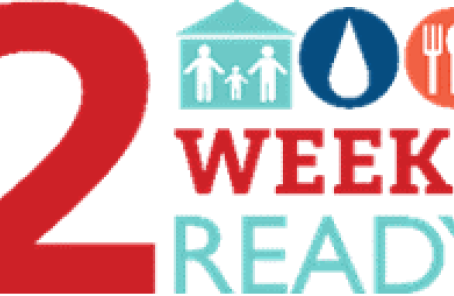Regular sources of food can be disrupted during and after emergencies, you may need to rely on the supplies you have at hand.
Here are some tips:
Do:
- Keep food in covered containers
- Keep cooking and eating utensils clean
- Keep garbage in closed containers and dispose outside, burying garbage if necessary
- Keep your hands clean by washing them frequently with soap and water that has been boiled or disinfected
- Use only pre-prepared canned baby formula for infants
- Discard any food that has come into contact with contaminated floodwater
- Discard any food that has been at room temperature for two hours or more
- Discard any food that has an unusual odor, color, or texture
Don't:
- Eat foods from cans that are swollen, dented, or corroded, even though the product may look safe to eat
- Eat any food that looks or smells abnormal, even if the can looks normal
- Use powdered formulas with treated water
- Let garbage accumulate inside, both for fire and sanitation reasons
Note: Thawed food usually can be eaten if it is still “refrigerator cold.” It can be re-frozen if it still contains ice crystals. To be safe, remember, “when in doubt, throw it out.”
Cooking
- Alternative cooking sources in times of emergency include candle warmers, chafing dishes, fondue pots, or a fireplace.
- Charcoal grills and camp stoves are for outdoor use only.
- Commercially canned food may be eaten out of the can without warming.
- To heat food in a can:
- Remove the label
- Thoroughly wash and disinfect the can. (Use a diluted solution of one part bleach to ten parts water.)
- Open the can before heating.





